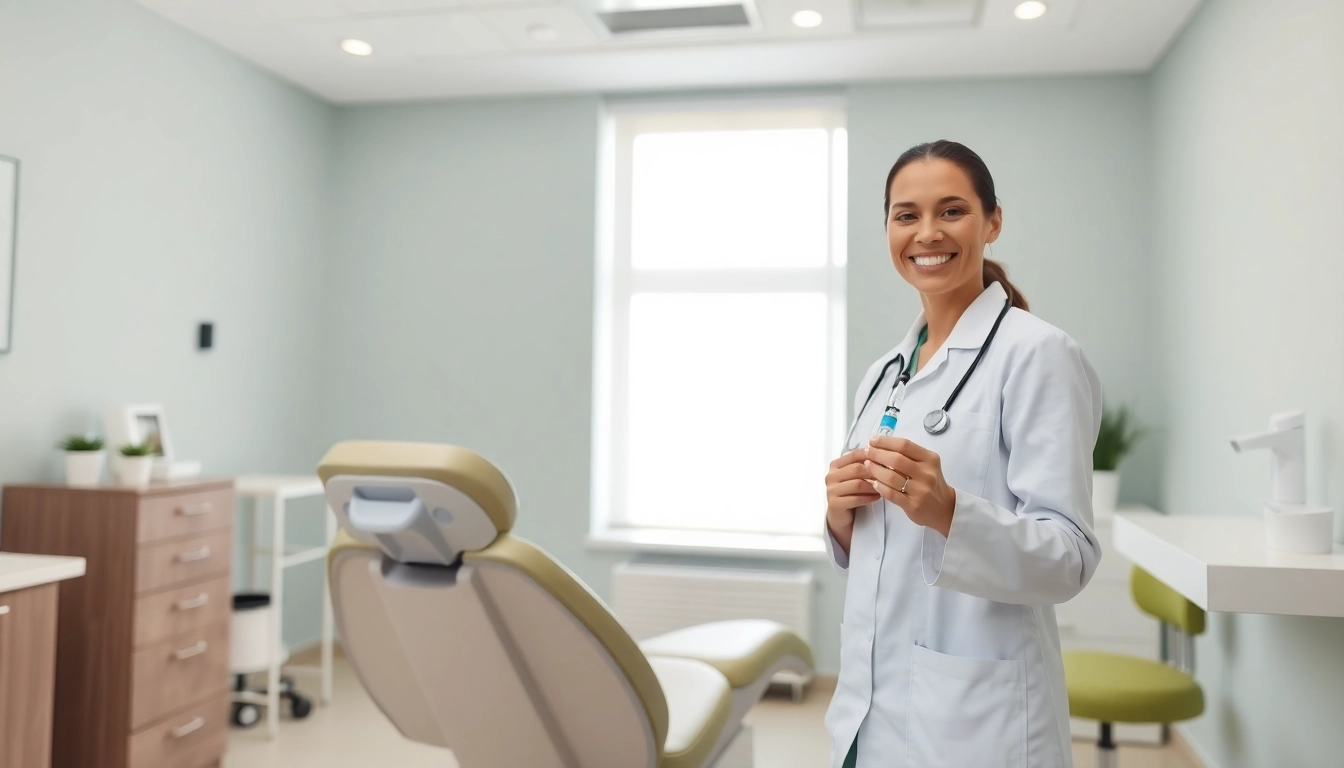Understanding Checkups: What to Expect
Regular checkups are fundamental in maintaining optimal health for your teeth and gums. These visits provide patients with the opportunity to not only evaluate existing dental conditions but also to prevent future health issues. Visiting your dentist for checkups is crucial for everyone, regardless of age or health status. In this article, we’ll explore what you can expect during dental checkups, the types of procedures involved, and the importance of adjusting the frequency of these visits based on various age groups.
The Purpose of Dental Checkups
The primary purpose of dental checkups is to prevent potential health concerns before they arise. Regular visits allow for the detection of issues such as cavities, gum disease, and oral cancers at their earliest stages. Most importantly, they provide a safe space for patients to discuss their oral health challenges and habits with professionals.
During a checkup, dentists perform thorough examinations of the mouth, teeth, and gums. Using various tools, they can spot problems like decay, swollen gums, and poor oral hygiene. Ultimately, checkups serve as a proactive measure to mitigate risks and promote overall health.
Common Procedures During a Checkup
During a typical dental checkup, several key procedures may take place:
- Oral Examination: This includes checking the mouth for cavities and signs of gum disease, as well as assessing any existing dental work.
- X-Rays: Depending on the frequency of your visits and your dental health needs, your dentist may take X-rays to identify issues not visible during the examination.
- Dental Cleaning: A hygienist typically performs this service, which includes the removal of plaque and tartar, as well as polishing teeth for enhanced cleanliness.
- Fluoride Treatment: To help strengthen enamel and prevent decay, a fluoride treatment may be applied, especially for children and those at higher risk of cavities.
- Consultation: This time is reserved for discussing findings with the patient. Custom recommendations for future care or lifestyle changes may also be made.
Frequency of Dental Visits for Different Ages
The recommended frequency of dental visits can vary significantly depending on age and individual health factors:
Children
For children, dental checkups should begin by the age of one or when their first tooth erupts. Recommendations suggest visiting the dentist every six months to monitor dental growth and catch early signs of tooth decay.
Adults
Most adults are advised to continue with biannual visits, though those with chronic health conditions like diabetes may need to see their dentist more often to manage their oral health effectively.
Seniors
Seniors often require more frequent checkups as they may face specific dental issues related to aging, such as dry mouth or tooth loss. It’s advisable for seniors to consult with their dentist regarding a suitable schedule that meets their individual health needs.
Benefits of Regular Checkups
Integrating regular dental checkups into your routine offers numerous benefits that significantly enhance your oral health and well-being.
Early Detection of Dental Problems
The timely discovery of dental issues is one of the most significant advantages of regular checkups. Many dental conditions, such as cavities and gum disease, can develop without noticeable symptoms. When discovered early through routine exams, these issues can often be treated more easily and less expensively, preventing serious complications.
Maintaining Oral Hygiene: Best Practices
Regular dental visits offer a great opportunity for professional cleaning, which is essential to combat plaque and tartar buildup. Professional cleaning by a hygienist enhances daily oral hygiene efforts. Dentists also provide personalized advice based on an individual’s specific needs, reinforcing effective home care routines.
The Financial Impact of Preventative Care
While regular checkups incur a cost, they can ultimately save patients money in the long run. Preventing conditions from escalating reduces the likelihood of requiring complex and costly dental procedures later. Many insurance plans cover preventive checkups, making them a financially sound investment.
Preparing for Your Dental Checkup
Proper preparation for a dental checkup can enhance the experience and ensure you derive all possible benefits from your visit.
What to Do Before Your Appointment
Prior to your dental checkup, consider doing the following:
- Review Your Dental History: Bring a list of any medications and supplements you currently take, and note any recent changes in your health.
- Brush and Floss: Maintaining your oral hygiene routine leading up to your appointment can provide a fresh baseline for your dentist to evaluate.
- Prepare Questions: Making a list of questions you may have regarding your oral health can ensure you’re fully informed during your visit.
Questions to Ask Your Dentist
During your appointment, asking questions can provide clarity and foster collaboration between you and your dental team. Consider asking:
- What is the current state of my oral health, and what improvements do you recommend?
- Are there any signs of cavities or gum disease?
- How can my diet or lifestyle impact my dental health?
- What kind of preventive measures can I take moving forward?
Post-Checkup Care Recommendations
Following your dental checkup, adhere to any care recommendations given by your dentist. This may include specific oral hygiene routines, dietary adjustments, or follow-up appointments. Taking action on these recommendations ensures continued dental health and addresses any identified concerns proactively.
Types of Dental Checkups
Different types of dental checkups exist to address various needs based on a patient’s unique circumstances.
Routine vs. Specialized Checkups
Routine checkups are performed in traditional office settings with a focus on preventive care, whereas specialized checkups cater to unique patient needs. Such specialized visits might involve orthodontics, periodontics, or oral surgery considerations, making them more comprehensive in specific dental aspects.
Checkups for Children: Unique Considerations
Children’s dental checkups often emphasize both preventive care and education. Dentists focus on the development of the child’s teeth and gums while also providing guidance to parents about the best practices for maintaining children’s oral hygiene. Building a positive dental experience early in life is crucial for fostering lifelong healthy habits.
Checkups for Seniors: What to Keep in Mind
Seniors may face a unique set of dental challenges that require tailored care during checkups. For this demographic, dentists might perform evaluations for conditions like root decay, which can occur with age, and address issues related to oral health medications affecting saliva production or gum health. Ongoing assessments in this stage of life are vital due to the complexity of active dental conditions.
How Checkups Influence Overall Health
The implications of dental health extend beyond the mouth, integrating significantly with overall health. Regular checkups can influence various systemic health aspects.
The Connection Between Oral Health and Systemic Health
Extensive research has highlighted the association between oral health and systemic conditions such as diabetes, heart disease, and even respiratory issues. Bacteria in the mouth can enter the bloodstream, potentially leading to increased inflammation and chronic health problems. Regular checkups play a vital role in maintaining oral health, which subsequently affects systemic health.
The Role of Nutrition in Supporting Dental Health
Nutrition is a critical factor in maintaining dental health. During checkups, dentists often discuss dietary habits, emphasizing foods that promote healthy teeth and gums, such as fruits, vegetables, and dairy, while advising against sugary snacks and beverages that contribute to cavities. Understanding the link between diet and oral health can lead to better choices that enhance both.
Future Trends in Dental Checkups and Technology
The technology associated with dental health and checkups is continually evolving. Innovations such as tele-dentistry, digital X-rays, and automated appointment reminders enhance the patient experience and improve access to care. The integration of artificial intelligence (AI) in diagnostics is becoming more prevalent, allowing dentists to identify problems more efficiently. These advancements manifest a shift towards more personalized and accessible dental care, keeping patients informed and engaged in preventive health. As the industry progresses, regular checkups will evolve to align with these technological advancements, continuously promoting optimal oral health.



